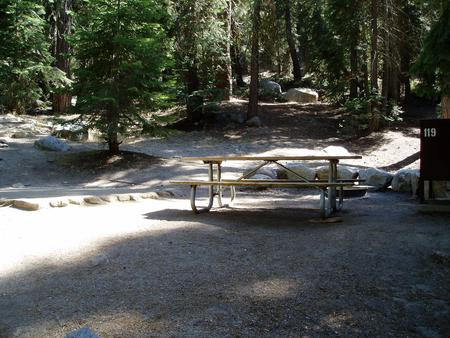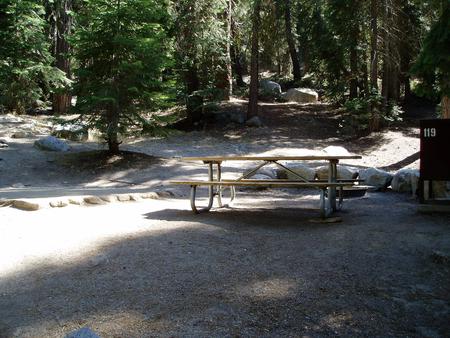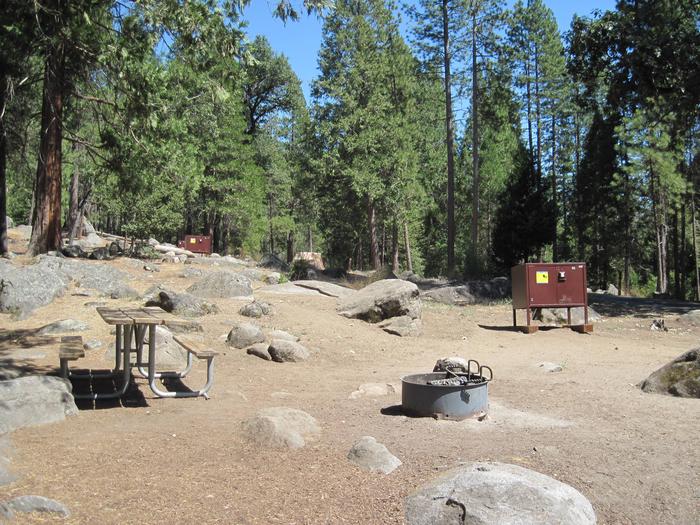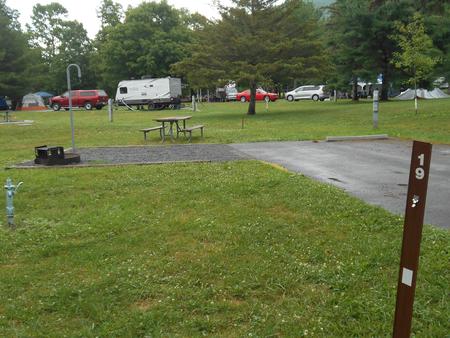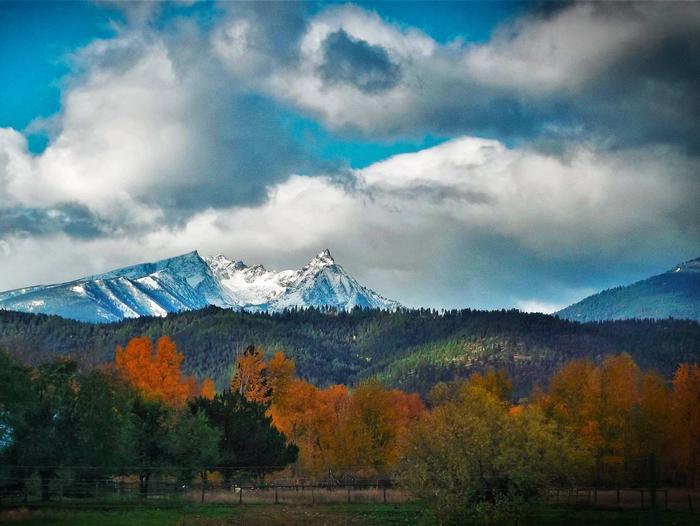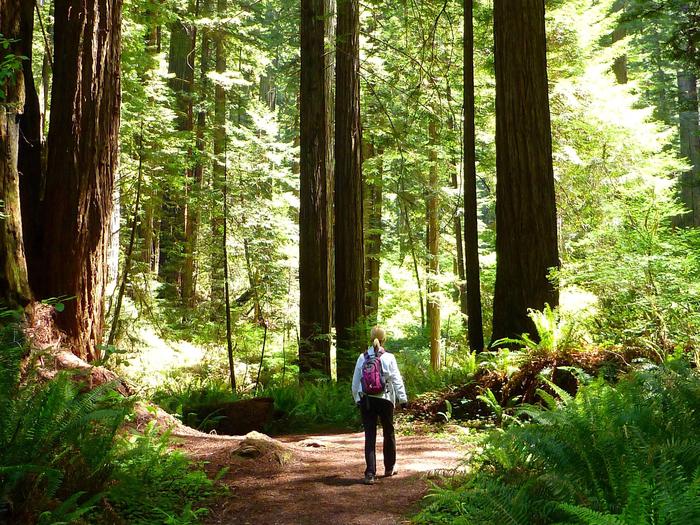Directions
The refuge office is located one mile northeast of Audubon, Minnesota. Visitors can get to the refuge office by following the brown and white refuge signs on state, county, and township roads. The best route to the refuge office from U.S. Hwy. 10 at Audubon is north on County Road #13 to the downtown Audubon. Proceed east on County Road #104 for 1.3 miles, then north on County Road #104 for 0.75 miles to the south end of the refuge. Follow refuge signs and proceed 0.25 miles northwest on Township Road #440 to the refuge office.
Phone
218-847-4431
Activities
INTERPRETIVE PROGRAMS, HIKING, HUNTING, WILDLIFE VIEWING, ENVIRONMENTAL EDUCATION, PHOTOGRAPHY
Camping Reservations
Reserve your campsite at these camping areas:
Hiking Trails
Looking for nice hiking areas to take a hike? Choose from these scenic hiking trails:
Related Link(s)
More Minnesota Recreation Areas
Hamden Slough National Wildlife Refuge
Eastern forest dramatically gives way to the western prairie at Hamden Slough National Wildlife Refuge. Hardwood forests stretching from the Atlantic seaboard rapidly shift to the vast western prairie at this picturesque refuge. Prior to settlement, this diverse vegetation was attractive to wildlife, and the area teemed with waterfowl, upland birds, bison, wolves, and other prairie wildlife. When fully restored, the refuge will provide the largest contiguous block of wetland prairie habitat in the region, encompassing nearly 6,000 acres. The station’s objective is to restore 3,000 acres of wetlands and 2,250 acres of upland grass. This will provide resting and nesting cover for 219 species of migratory and nesting birds. Currently, many species of waterfowl, shorebirds, neotropical migratory songbirds, and birds of prey rely on the shallow water and prairie habitat that has been restored on the refuge. During the last six years, refuge habitat restorations have resulted in a dramatic increase in waterfowl, shorebird and prairie songbird populations. This has generated opportunities for wildlife-dependent recreation and serves as an educational model for land and watershed stewardship. Approximately 50% of the private property within the refuge’s future boundary has been acquired from willing sellers. Funding to acquire land and fully develop the refuge’s infrastructure is expected to be near $10,000,000. Approximately 15-20 years of work is anticipated to complete the refuge.

